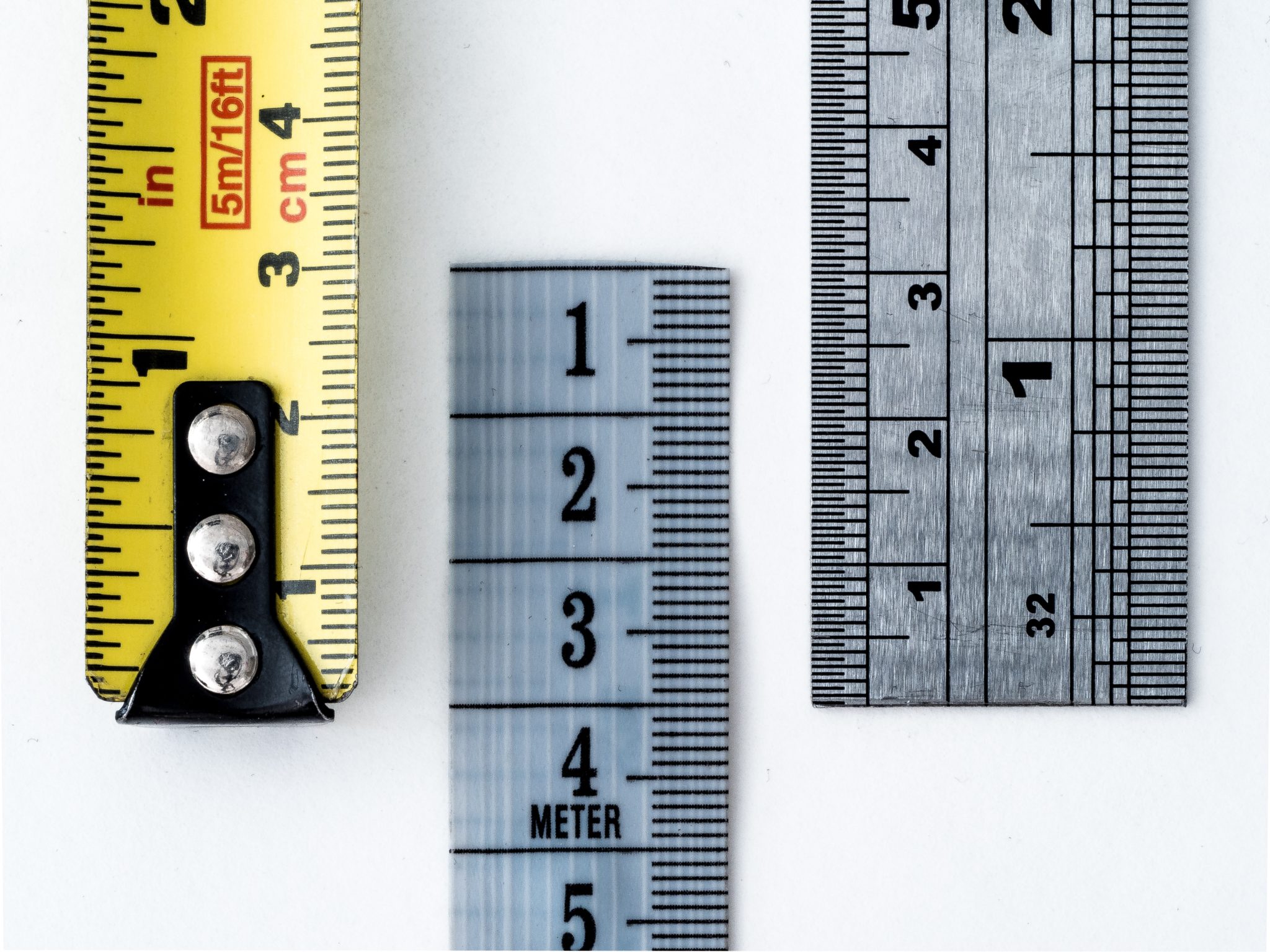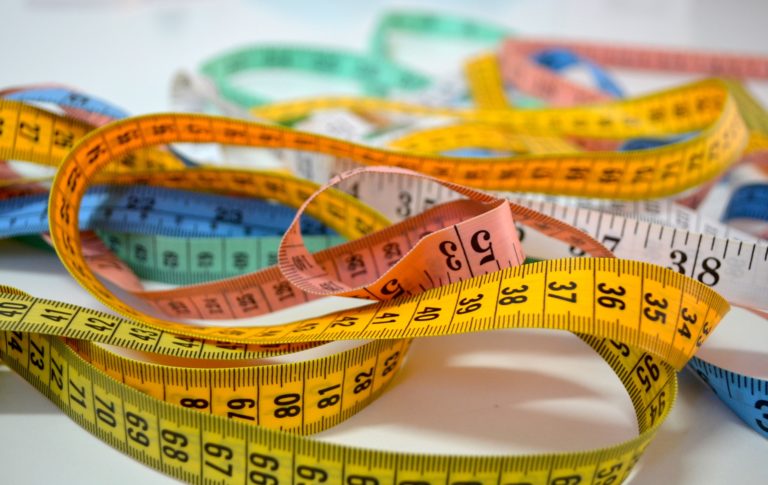For a full recap of the June debate numbers, head here. Last night, author…
Gender on the Debate Stage: July Night 2 Numbers

Last night, Senator Michael Bennet, Senator Kirsten Gillibrand, former Secretary of Housing and Urban Development Julián Castro, Senator Cory Booker, former Vice President Joe Biden, Senator Kamala Harris, entrepreneur Andrew Yang, Congresswoman Tulsi Gabbard, Governor Jay Inslee, and Mayor Bill de Blasio took the stage for Night 2 of the July Democratic Primary Debates.
On Tuesday night 121 questions and rebuttal prompts were posed to the candidates, 27% of which were directed at the women on the stage. Last night was a similar story with 119 questions and prompts, 31% of which went to women.
Here’s the breakdown by women candidate for both nights:

Full list of speaking times available here and here.
When looking at the content of the questions and rebuttal prompts asked, here are the topics that dominated each night:

Notably absent from Night 1 were any questions relating to “women’s issues,” such as gender dynamics, pay equity, paid family leave, sexual harassment, maternal mortality, reproductive rights, or caregiving. Last night we were pleased to see a series of questions and rebuttal prompts on gender pay equity, and several candidates proactively brought up these topics themselves, including Kirsten Gillibrand and Andrew Yang. There were 10 questions and prompts relating to women’s issues last night, five of which went to women candidates on the stage. Those 10 questions and prompts only made up 8% of the total asked, but that’s still an improvement over the 0% we saw on Night 1.
Here’s the full breakdown between the June and July debates:

Looking at these numbers we can see that CNN significantly increased the volume of questions and rebuttal prompts in the July debates, but percentage-wise they decreased the number that went to women candidates from 41% to 29%. They also cut the percent of questions and prompts on women’s issues in half by not including any in Night 1, but still directed roughly half of those questions at women candidates.
Although the July debates did see a drop in the percentage of questions and prompts that went to women candidates on the stage, women were still 2/3 of the candidates with the most speaking time across both nights (Biden: 21:01; Warren: 18:11; Harris: 17.43). So, women’s voices were definitely heard this month.
When there is only one woman on the debate stage, she is often tasked with representing her entire gender. But when there are multiple women, it gives them more flexibility to distinguish themselves as individual candidates. Having three women on stage both nights meant that, for the first time ever, we saw women contrasting with each other in a primary debate, as well as lifting each other up. It was an exciting milestone in US politics, and hopefully something the country will get used to seeing in debates to come.






